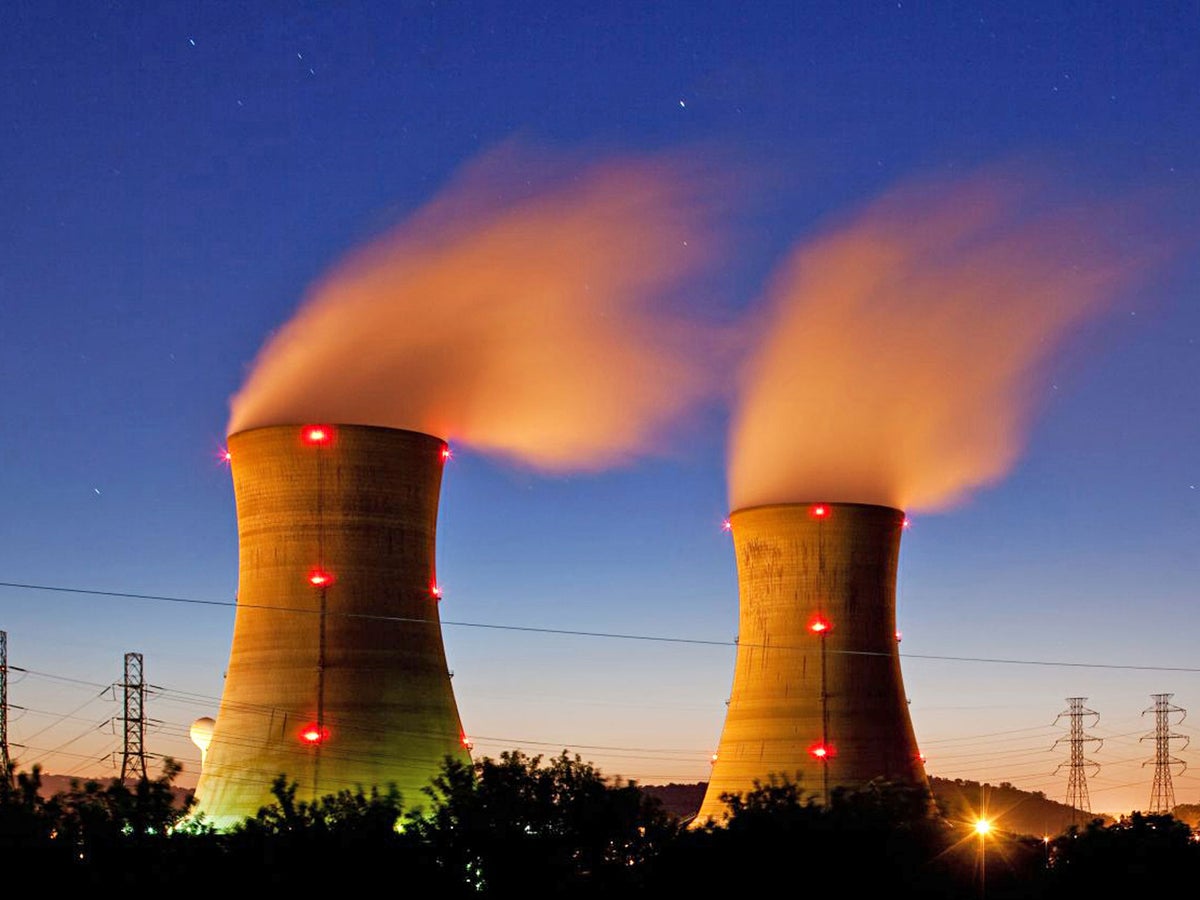
The application of engineering science and technology to agricultural systems is what engineers do in agriculture. Agricultural engineers are responsible for the design and supervision of structures and machinery. Some work with artificial intelligence to increase farming efficiencies. Others are involved in research and development of new methods to improve animal and crop production. This type of engineering covers many different fields. Here are some common career paths for agricultural engineers. This career path offers many benefits.
Agricultural engineers design and supervise building of machinery
Agricultural engineers use their engineering technology and biology knowledge to solve farming problems. They visit farms and work closely with contractors to design equipment or supervise construction. They use computer-aided engineering to design machinery and verify its performance before it goes into production. They also supervise the construction and maintenance of structures such as storage units and barns. Agricultural engineers can also advise on water quality problems and legal issues.
Engineers in agriculture use engineering principles to create equipment and systems that aid farming. They analyze current processes and systems and apply these to solve problems. They should also be able and willing to communicate with others to find solutions to problems. To improve existing equipment or create new ones, they use advanced mathematics topics and design tools. They will be working under the direction of an agricultural engineer. They should have exceptional communication and analytical skills.

They oversee the construction of structures
Agricultural engineers are responsible for developing farming equipment and machinery, assessing the environmental impact of agricultural practices, and designing and supervising the construction of agricultural structures. Many are employed in government agencies. Some also work as engineers and consultants. They may also be onsite to oversee construction of water reservoirs or livestock facilities. Agricultural engineers might also consult with people from other backgrounds. Sometimes, they might also carry out research and develop new technologies that will aid farmers.
Civil engineers collaborate with other engineering professionals to construct and design public infrastructure. They can specialize in agricultural equipment, biotechnology applications, and structures and facilities. They can also focus on environmental issues. These include managing water supply, restoring and protecting natural ecosystems and fighting climate change. Some agricultural engineers choose to pursue postgraduate education or pursue research and development, which is often more lucrative than the initial degree. They could also go on to become researchers or teachers.
They create equipment with artificial intelligence integrations in order to increase farming efficiency.
AI activities at NIFA span a variety of disciplines and program areas. They strive to improve computer systems’ ability to perform various tasks. AI research and activities are focused on machine learning, data visualisation, natural language processing and intelligent decision support system. They also explore novel applications in the agriculture and food sector. AI researchers are working to develop AI technologies that will help farmers increase crop yields and reduce input costs. This will also improve overall farm efficiency.
Drones that are equipped with AI, for example, can detect pests or diseases and assist farmers in determining the right fertilizer. Additionally, drones equipped with AI can automatically capture high definition images and then use this information to manage the fields. AI-based agricultural equipment is able to collect and analyze data to calculate yield and sales. Robotic harvesting is one example of an AI-based agricultural equipment that can save farmers both time and labor.

They conduct research to improve animal or crop production
Agricultural engineers engineer equipment and create processes that improve farmland's efficiency. They are also experts in environmental control and crop production. They also study automation, microcomputers and artificial intelligence to improve processes and procedures. Agricultural engineers also study crop production, harvesting, and handling after harvest. They also plan irrigation systems. Their contribution is essential to the food and fibre sector.
The Department of Agricultural and Biological Engineering promotes sustainable agriculture and the conservation of natural resources. Dr. Maghirang is a specialist in environmental monitoring. Her current focus is on low-cost systems to monitor the impact of air pollution on communities. Her other recent work is focusing on the development of insecticide sprays for stored-product insects. She is also looking for ways to reduce dust from grain handling.
FAQ
What are the jobs I can get as an engineer?
Engineers are able to find work in almost any industry, such as manufacturing, transport, energy, communications and finance.
Engineers who specialize can often find employment at specific organizations or companies.
An example of this is that electrical engineers can work for telecommunications firms, medical device makers, or computer chip manufacturers.
Software developers could be employed by websites or mobile apps developers.
Programmers may work in tech companies such as Google and Microsoft.
How much do engineers earn an hour?
This can vary from person to person, and company to company. An entry-level software engineer can earn around $60,000 annually. After a few years, the salary can rise to more than $100,000.
What degree do I need to become an engineer?"
Engineers do not need a bachelor's degree. Many employers prefer applicants who have degrees. Even if your degree is not yet earned, you can still take online classes to earn it.
Statistics
- 8% Civil engineers solve infrastructure problems. (snhu.edu)
- 14% of Industrial engineers design systems that combine workers, machines, and more to create a product or service to eliminate wastefulness in production processes, according to BLS efficiently. (snhu.edu)
External Links
How To
How to Use the Engineering Technical Pen
An engineering pen with good technical writing should be:
-
A ergonomic grip
-
Comfortable writing surface (a rubberized grip is best)
-
It's easy to access ink cartridges
-
Plenty of space to erase mistakes
-
Nibs of high quality
-
Ergonomics designed for long-term usage
-
Good visibility of the ink level
-
Low weight
-
An excellent price/value combination
You will need to know how to properly use these tools.